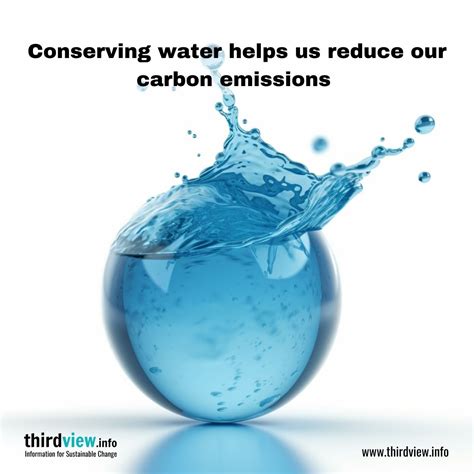

07 Reasons Why Conserving Water Is Essential by 2025
Introduction
Water conservation refers to the various methods and techniques employed to manage and reduce water usage. It involves implementing practices and measures to use water more efficiently, minimize waste, and protect water resources for both present and future generations.

The Importance of Water Conservation
-
Water scarcity: According to the World Economic Forum, by 2025, two-thirds of the global population will face severe water scarcity. Conservation efforts are crucial to mitigate this crisis and ensure water security for all.
-
Population Growth: The world’s population is projected to reach 9.7 billion by 2050. Increased population will put a strain on existing water resources, making conservation even more imperative.
-
Climate Change Impact: Climate change poses significant threats to water availability. Rising temperatures lead to increased evaporation, droughts, and extreme weather events, which can disrupt water supplies and exacerbate shortages.
-
Environmental Protection: Water conservation helps maintain healthy aquatic ecosystems and supports biodiversity. By reducing pollution and managing water resources sustainably, we can preserve these vital habitats.
-
Economic Benefits: Water scarcity can lead to economic disruptions, including reduced agricultural output, industrial slowdowns, and tourism decline. Conservation measures can help mitigate these impacts by ensuring reliable water supplies.
-
Public Health: Access to clean and safe water is essential for public health. Conservation efforts can help improve water quality, reduce waterborne diseases, and ensure equitable access to water for all communities.
-
Sustainability: Sustainable water management practices aim to meet the needs of both the present and future generations. Conservation plays a key role in ensuring the long-term sustainability of water resources.
Strategies for Effective Water Conservation
4 Essential Strategies:
-
Water-efficient Appliances: Installing low-flow faucets, toilets, and showerheads can significantly reduce household water usage.
-
Landscaping: Using drought-tolerant plants, mulching, and efficient irrigation systems can conserve water in outdoor spaces.
-
Leak Detection and Repair: Regularly inspecting and repairing leaky pipes, faucets, and toilets can prevent significant water loss.
-
Behavioral Changes: Raising awareness about water conservation and encouraging behavioral changes, such as shorter showers and avoiding unnecessary water use, can have a substantial collective impact.
Comparison Table: Water Conservation Techniques
| Technique | Pros | Cons |
|---|---|---|
| Low-flow faucets and toilets | Reduced water consumption, lower water bills | Lower water pressure |
| Drought-tolerant plants | Reduced watering needs, lower maintenance | Limited plant variety |
| Drip irrigation | Efficient water delivery, reduced evaporation | Higher upfront cost |
| Rainwater harvesting | Supplemental water source, reduced runoff | Requires storage capacity |
| Behavioral changes | Low cost, can lead to significant savings | Requires ongoing effort |
Market Insights
The global water conservation market is projected to reach $26.5 billion by 2025, reflecting the increasing demand for water-efficient technologies and solutions. Government initiatives and regulations, along with growing awareness of water scarcity, are driving market growth.
Future Trends and Innovations
Emerging Innovations:
-
Smart Water Meters: These devices can track water usage in real-time and provide alerts for leaks and excessive water consumption.
-
Waterless Toilets and Urinals: These innovative technologies use alternative methods to flush waste, significantly reducing water usage.
-
Graywater Reuse: This practice involves using wastewater from sinks, showers, and laundry for non-potable purposes, such as irrigation and car washing.
Conclusion
Water conservation is of paramount importance for ensuring our planet’s and future generations’ well-being. By implementing effective strategies, raising awareness, and embracing innovative technologies, we can collectively take responsibility for protecting this vital resource. It’s a shared responsibility that requires cooperation, innovation, and a commitment to sustainability.










